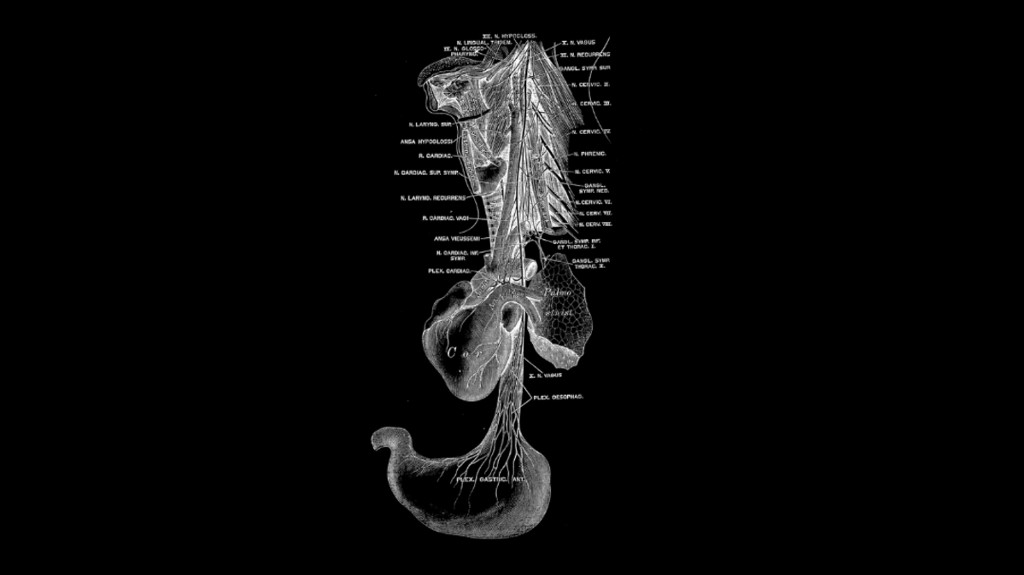
By: The Posts Author | Posted on: 26 Apr 22
The term ‘hacker’ has its origins in computer programming subcultures from the ’60s, and was used to describe people who wanted to take on hard problems in a spirit of playful exploration and a resistance to ‘unearned’ authority. Although the methods, means and intentions of hackers varied widely, all seemed to share a unique ethos that mixed a deep commitment to individual autonomy and agency with an equally deep commitment to collaboration and co-creation.Over time, the concept of hacking has traveled far from its origins, finding its way into a number of domains like Biohacking, Consciousness Hacking, Flow Hacking and
The term ‘hacker’ has its origins in computer programming subcultures from the ’60s, and was used to describe people who wanted to take on hard problems in a spirit of playful exploration and a resistance to ‘unearned’ authority. Although the methods, means and intentions of hackers varied widely, all seemed to share a unique ethos that mixed a deep commitment

By: The Posts Author | Posted on: 24 Nov 21
The term ‘hacker’ has its origins in computer programming subcultures from the ’60s, and was used to describe people who wanted to take on hard problems in a spirit of playful exploration and a resistance to ‘unearned’ authority. Although the methods, means and intentions of hackers varied widely, all seemed to share a unique ethos that mixed a deep commitment to individual autonomy and agency with an equally deep commitment to collaboration and co-creation.Over time, the concept of hacking has traveled far from its origins, finding its way into a number of domains like Biohacking, Consciousness Hacking, Flow Hacking and
The term ‘hacker’ has its origins in computer programming subcultures from the ’60s, and was used to describe people who wanted to take on hard problems in a spirit of playful exploration and a resistance to ‘unearned’ authority. Although the methods, means and intentions of hackers varied widely, all seemed to share a unique ethos that mixed a deep commitment

By: The Posts Author | Posted on: 17 Nov 21
As Neurohackers we are very interested in the science surrounding cold therapy as a tool to optimize health. In fact, if you asked around you’d quickly learn that cold therapy is a method used by many on the Neurohacker team.Cold therapy is linked to a number of health benefits. For example, scientists have found evidence that exposure to cold boosts mitochondrial health. Another benefit of utilizing cold therapy is that it reduces inflammation. Furthermore, cold therapy is also linked to improved sleep quality, increased focus, and even an optimized immune response.Here’s the best part: getting started with cold therapy is
As Neurohackers we are very interested in the science surrounding cold therapy as a tool to optimize health. In fact, if you asked around you’d quickly learn that cold therapy is a method used by many on the Neurohacker team.Cold therapy is linked to a number of health benefits. For example, scientists have found evidence that exposure to cold boosts

By: The Posts Author | Posted on: 25 Oct 21
At Neurohacker our mission is to advance the human quality of life. We do that by supporting every element of human optimization and with skin being the largest organ in our body, we believe that it deserves significant attention.When it comes to radiant skin, we’ve got you covered. Today, Dr. Amy Killen, leading anti-aging and regenerative physician, specializing in “Skin and Sex,” is here to share cutting-edge therapies to help us biohack our way to natural, glowing, and youthful skin.*Great Skin, From the Inside OutCan you give us a high-level overview of your philosophy for achieving great skin?Some people say that our skin
At Neurohacker our mission is to advance the human quality of life. We do that by supporting every element of human optimization and with skin being the largest organ in our body, we believe that it deserves significant attention.When it comes to radiant skin, we’ve got you covered. Today, Dr. Amy Killen, leading anti-aging and regenerative physician, specializing in “Skin

By: The Posts Author | Posted on: 14 Oct 21
“My eyes are always tired” …”My eyes hurt” …”I’m having a hard time focusing” …”My eyes feel dry and irritated” …”Things look blurry”High amounts of screen time cause the body to give us vision- and quite often posture-related feedback clues. It can also impact thinking and mood. Let’s focus on the visual system, because clues in this area are (1) a common type of feedback, and (2) an indication of visual system stress. Postural complaints, like neck stiffness and back aches, are partly to mostly a result of ergonomics, or postural discomfort, while looking at screens rather than the mere fact we were looking at
“My eyes are always tired” …”My eyes hurt” …”I’m having a hard time focusing” …”My eyes feel dry and irritated” …”Things look blurry”High amounts of screen time cause the body to give us vision- and quite often posture-related feedback clues. It can also impact thinking and mood. Let’s focus on the visual system, because clues in this area are (1) a common type of feedback,

By: The Posts Author | Posted on: 13 Oct 21
The vagus nerve could be likened to the queen of the parasympathetic nervous system — a.k.a. the “rest and digest” — so the more we can do things that “stimulate” or activate it, like deep breathing, the more we offset the effects of the sympathetic nervous system and reduce cortisol levels.Ideally, within your autonomic nervous system, the tug of war between these two opposing mechanisms creates a “yin-yang” type of harmony marked by homeostatic balance.Unfortunately, the hectic paced, digital age we find ourselves living in causes our evolutionary biology to short-circuit by throwing our individual and collective nervous systems out of balance.It’s for this reason that
The vagus nerve could be likened to the queen of the parasympathetic nervous system — a.k.a. the “rest and digest” — so the more we can do things that “stimulate” or activate it, like deep breathing, the more we offset the effects of the sympathetic nervous system and reduce cortisol levels.Ideally, within your autonomic nervous system, the tug of war between these two opposing mechanisms

By: The Posts Author | Posted on: 29 Sep 16
Let’s face it — as anyone who is paying attention knows, we humans are in a bit of an ‘emergence through emergency’ scenario. Every day the people and institutions that we used to be able to rely on are falling apart; failing to do even a little part of their job. Yet, at the same time, every day, the world is getting more complex and harder to make sense of. This is getting serious — staying the course and hoping to muddle through isn’t going to do it.Our options: evolve or die.If we want to stay in the game, we’re going to need to seriously level up.There
Let’s face it — as anyone who is paying attention knows, we humans are in a bit of an ‘emergence through emergency’ scenario. Every day the people and institutions that we used to be able to rely on are falling apart; failing to do even a little part of their job. Yet, at the same time, every day, the world is getting

By: The Posts Author | Posted on: 14 Jul 16
The term ‘hacker’ has its origins in computer programming subcultures from the ’60s, and was used to describe people who wanted to take on hard problems in a spirit of playful exploration and a resistance to ‘unearned’ authority. Although the methods, means and intentions of hackers varied widely, all seemed to share a unique ethos that mixed a deep commitment to individual autonomy and agency with an equally deep commitment to collaboration and co-creation.Over time, the concept of hacking has traveled far from its origins, finding its way into a number of domains like Biohacking, Consciousness Hacking, Flow Hacking and
The term ‘hacker’ has its origins in computer programming subcultures from the ’60s, and was used to describe people who wanted to take on hard problems in a spirit of playful exploration and a resistance to ‘unearned’ authority. Although the methods, means and intentions of hackers varied widely, all seemed to share a unique ethos that mixed a deep commitment







